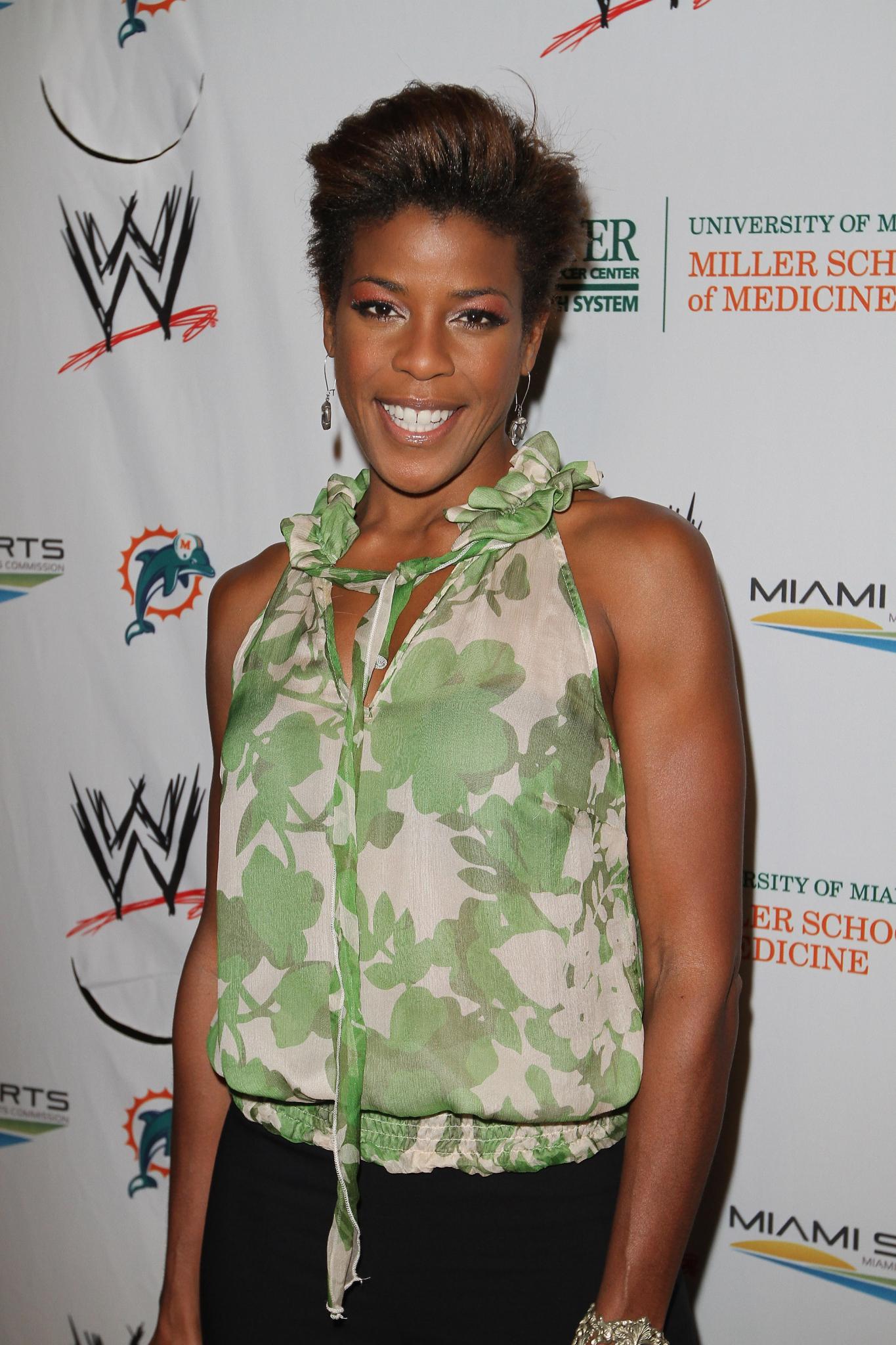
Nicole Henry released her first jazz record in 2004, and today she releases her sixth album, So Good, So Right: Nicole Henry Live. The album, which was recorded in May 2012 at New York’s Feinstein, is more than a compilation of jazz songs. According to Henry, it’s a carefully composed body of work paying homage to many of the legendary voices of the ’70s from Bill Withers and Aretha Franklin to James Taylor and Fleetwood Mac.
ESSENCE.com caught up with the Philadelphia native to chat about her album saluting the decade of music and its many genres. Check out what she had to say about the task of choosing songs for the album, why jazz artists stand out among today’s contemporary stars and more.
ESSENCE.com: How did you get into jazz music?
NICOLE HENRY: I didn’t grow up listening to jazz. In 2002, two years after I got my degree, and decided to sing for a living, I was doing a guitar duo and singing at a jazz club. That’s when I decided to stay after and listen to this new music. And I fell in love with the melody and the lyrics. Shortly after working there, one of the bands invited me to learn some jazz.
ESSENCE.com: What made you want to do a live album of covers?
HENRY: I was feeling the connection of wanting to have some contemporary sounds, and I’ve always had a strong connection with the music from the ’70s—the lyrics, the grooves—the great instrumentation. I figured, why not? People do tribute albums to the ’60s. I think, to me, the ’70s music was so good—the arrangements, the strings, the horns, the lyrics. For me, it was a no brainer.
ESSENCE.com: On this album you do your rendition of Aretha Franklin’s “Spirit in the Dark” and Stephanie Mills’s “Home.” How did you select which songs to do?
HENRY: Any time you’re working on a new project you go through hundreds of songs, sometimes thousands. On this one, we went through hundreds and because it’s a live CD, we have the limits of how many instruments I can fit on stage. So often, the song didn’t make it because it had background vocals or the song was more about the groove. After going through hundreds of songs, as the music started to come together, we started to sculpt the show then sculpt the album. It was tough. For example, we don’t have Stevie Wonder on there. He had five or six albums in the ’70s. He was one of the first people who I wanted. But it didn’t work out. Sometimes it boils down to what songs really meant a lot to me growing up like “Home.” Or what songs grooved or what songs reminded me of the groove of the ’70s.
ESSENCE.com: Have any of the original artists heard your jazz rendition of their song?
HENRY: We’re working on that. We’re looking to get Bill Withers some music. We’re working on getting some video and music to the publisher and the original artists. But to my knowledge, to date, none of them have.
ESSENCE.com: What do you think allows jazz artists to stand out among some of the more contemporary mainstream artists?
HENRY: I think we have less pressure to make it to the radio station. We have less pressure to reach 16 to 25 year olds to make them dance. We’re able to be creative in another way—sometimes it comes down to the lyrics or the melody that touches you in a certain way. I think in that way that’s how we differentiate ourselves in that way.
ESSENCE.com: Do you think you’ll sing jazz forever?
HENRY: I’ll always have jazz in my repertoire. But I really look forward to adding more contemporary and original music to my recordings. Even this CD somewhat updates my sound, having recorded mostly jazz in the past.
ESSENCE.com: If you could do a dream collaboration with anyone, who would it be?
HENRY: I would still say it would be a beautiful duet with Aretha Franklin or to sing with Chaka Khan or to sing with Stevie Wonder. I’ve said it before—I would love to do a duet with George Michael. From the ’80s, I always felt he had a big respect for the ’60s and ’70s soul music. He’s done a few duets with other Black women, and it’s a good sound. He has a soulful sound.